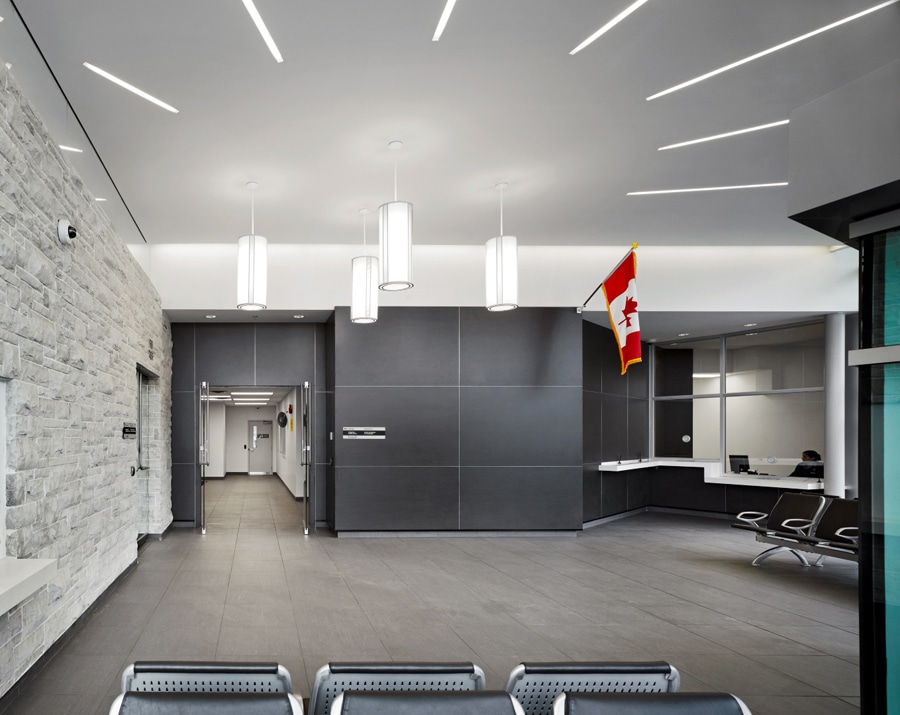Hearings at the Immigration Division – Admissibility Hearing and Detention Review

Located at 385 Rexdale Boulevard, the Immigration Division of the Immigration Refugee Board not only decides on the liberty of those detained therein, but also whether a permanent resident or foreign national should be deported from Canada.
Some hearings take longer than others. For example, hearings relating to criminality may be relatively short (particularly where there is no dispute that a person was convicted of a crime). On the other hand, highly contested hearing may take two or three days. . Lengthier hearings may be associated with matters such as misrepresentation of a material fact under Canada’s immigration laws.
The outcome of such hearings often culminate in an oral decision. The oral decision is dictated to the parties. Other tribunals such as the Refugee Protection Division or Immigration Appeal Division opt to send the decision in the mail, rather than forcing the parties to listen to one’s life in Canada being allowed to continue (or conversely an oral pronouncement as to why a person’s life in Canada is terminated). The assumption may be that counsel duly retained to represent a person concerned cannot be entrusted to convey a decision to her client. Rather, the client must be hauled into the hearing in person to hear the decision.
It is a challenge when parties are summoned to return only for the purpose of listening to a live dictation of the reasons for decision, particularly where the Member recites neutral facts and reserves the pronouncement for the end of the oral recitation. The anticipation has to be contained. Such anticipation is amplified if the person who is the subject of the decision is not conversant with either official language. Some clients, upon hearing the result, uttered after a long narrative don’t understand, leading counsel to translate in a rudimentary way such as “You Won,” or, “You Lost.”
Many Members at the Immigration Division are appointed from the ranks of the Canada Border Service Agency (“CBSA”). There is an uncomfortable feeling that the culture of enforcement associated with working as a CBSA employee colours the view of individuals who are subject of an admissibility hearing. The mandate of the CBSA officers is to pay high degree of scrutiny to those seeking entry to Canada. Some CBSA officers are allowed to carry firearms. The phenomenon of individuals behaving badly, (documented in shows such as “Border Security” ) reinforces a culture of enforcement. A culture of enforcement may be minimally described as possessing a more skeptical view of everything uttered or written by a candidate seeking a visa to Canada; a prism that emphasizes the darker characteristics of human behaviour.
The seating position in the hearing room favours the CBSA, where the CBSA representative generally sits near the exit to the courtroom. Such a position assumes the worse case scenario: that the client, upon receiving a decision that his life in Canada is over (through the issuance of a deportation order), may react in a way that necessitates a speedy getaway for the CBSA officer away from said hearing room.
Fun fact: the desk within the hearing room where the CBSA officer sits contains a discrete button that contacts security in the event dangerous conduct transpires within said hearing room. I presume this includes dangerous conduct of wayward counsel as well as their clients.
